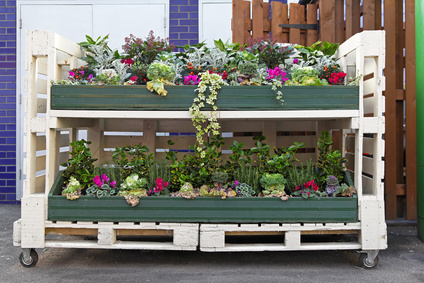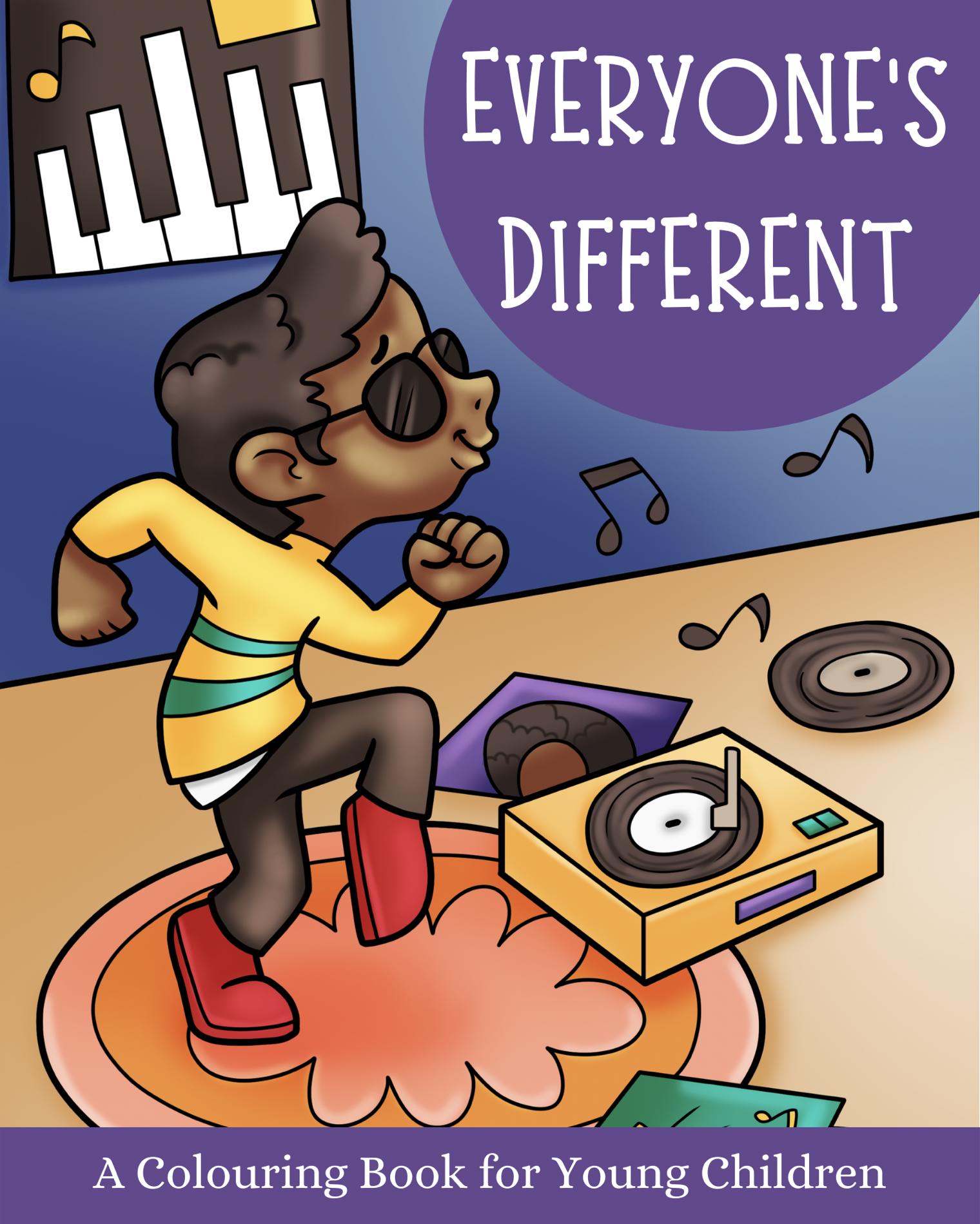Sign Up TODAY for our FREE Newsletter for UK Residents Sign me up >
FTC Disclosure
If you make a purchase via a link on this site, Disability Grants may receive a small commission on the transaction - at no added cost to you. Thank you!
Gardening for the Disabled
What's so special about gardening?
- It's therapeutic
- Anyone can do it regardless of age
- It's relatively inexpensive
The calming and stimulating benefits of gardening shouldn’t be underrated. As just having an outside space that you can retreat to does wonders for your mind, body and spirit.
Enabled Garden Design
Gardens can be adapted in the similar way to your home or car.
This might include:
- Level access paths
- Raised beds or a vertical garden
- Containers on wheels
- Hand rails on walls and raised beds
- Removing flower beds for grass or replacing grass for paving!
Raised garden beds and vertical gardens make it easier for planting, watering and weeding especially for wheelchair users or individuals who find it hard to bend.
You don’t need to buy expensive raised beds – just be creative!
Such as reusing old tyres or pallets.
Our raised beds were wooden boxes on pram wheels with handles to move around.
For wheelchair users the paths must be paved and wide enough for the wheelchair to pass along.
Your plant choices can make a huge difference to the amount of time you spend maintaining your garden.
Choose low maintenance plants that provide good ground cover reducing the need for weeding.
And bulbs that flower year after year as you only have to plant them once!
Plants with textures and fragrant blooms are perfect for gardeners with visual problems. Common herbs like thyme and mint are instantly recognised for their smell make wonderful additions..
Making any changes to your garden takes time and money.
So do make sure that you make the right choices by taking advice from organisations such as Thrive.
Their new website ”Carry on Gardening" is packed full of useful advice.
And contact your local Occupational Therapist if you need advice on access to the garden, ramps and gradients.
Your Local Authority may be able to improve access from your house to the garden through the Disabled Facilities Grant.
You may also be able to get help to maintain your garden.
Each council is different.
Look on their website to find out what's available in your area.
Adaptive Devices and Tools
If your tools are too difficult to use why not try lighter or adaptive gardening tools.
The Easi-Grip garden tools have soft grip upright handles. This allows the hand and wrist to be held at a natural angle reducing strain and increasing control.
Many gardeners find the add-on Arm Support Cuff helpful for extra control and comfort.
Anyone sitting down either in a wheelchair or on a stool should try long handled tools as they extend your reach.
They are also beneficial for anyone with difficultly bending or stretching.
Even better they may reduce stooping and backache.
For sweeping and raking a useful accessory is the EziMate Back Saving tool. This simple handle can be attached to all long handled tools to help you push and pull the tool.
Match that with a Garden Kneeler, and you’ll have the ease to get up and down as you go about your tasks in the garden.
The fact is, there is virtually a disability solution for every imaginable scenario.
You might also be interested in:
Gardening Grants for the Disabled
Thrive - for further information and courses



